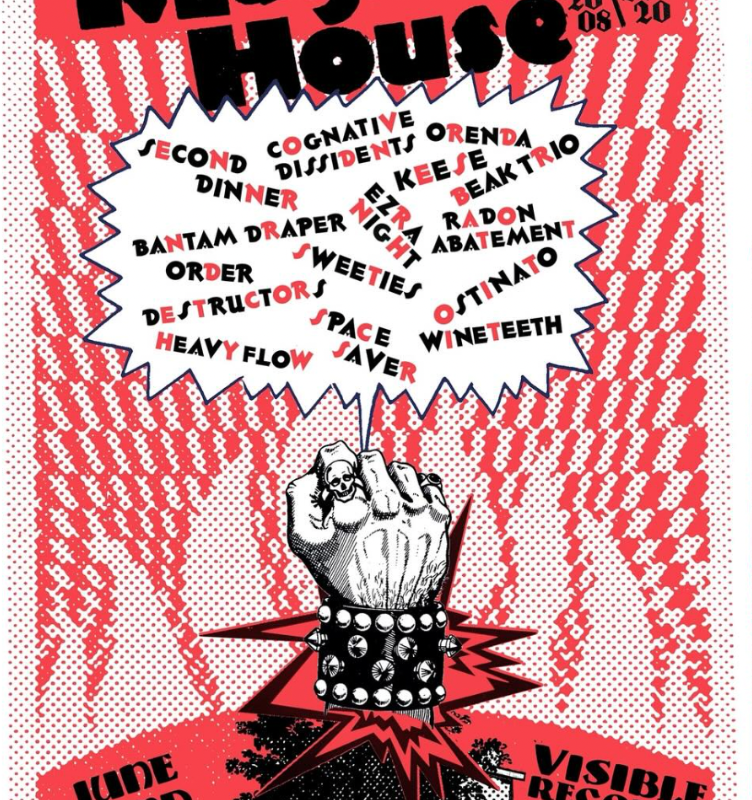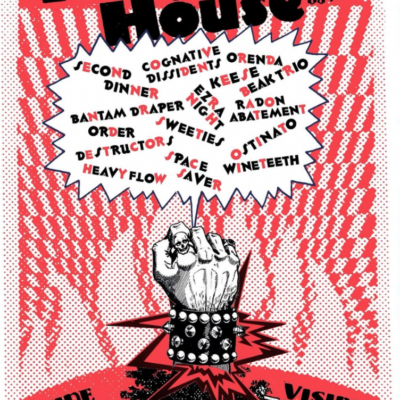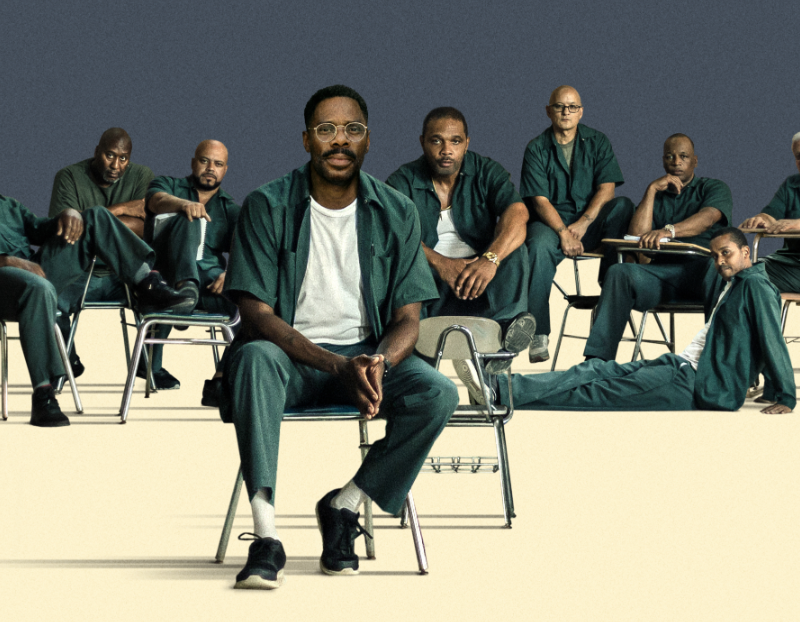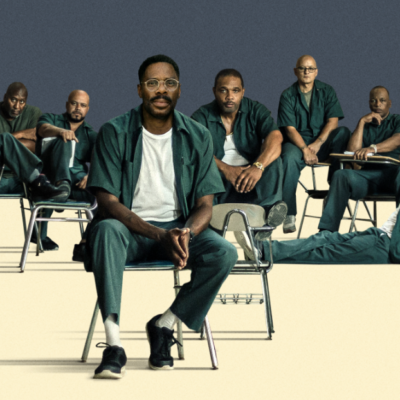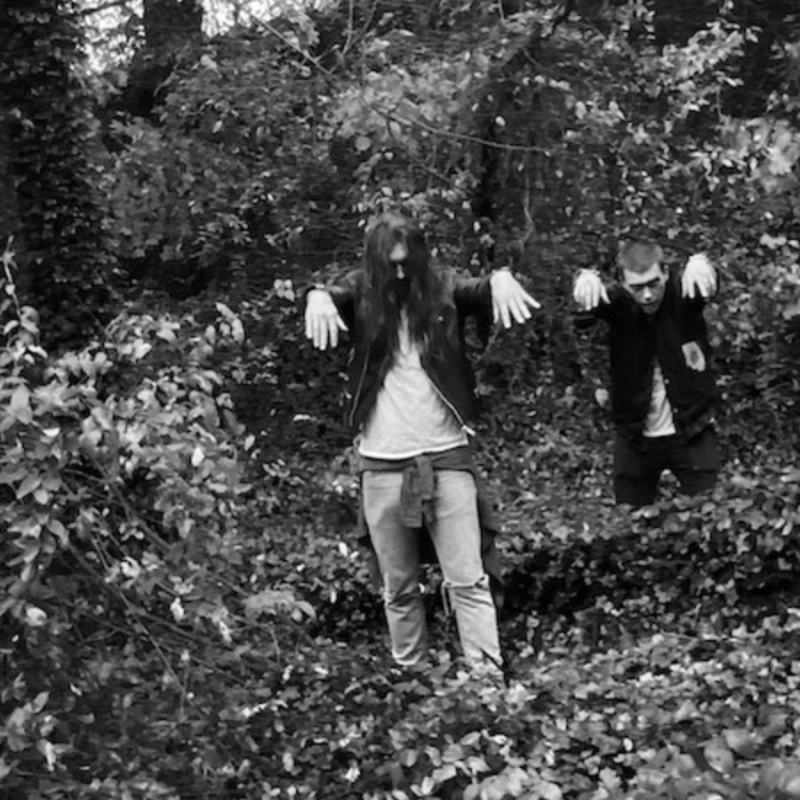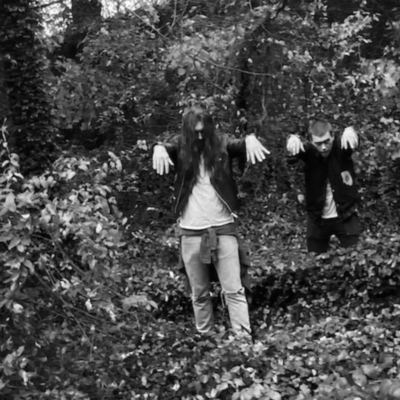Having grown up with a strict father (Michael Gambon) and a prominent older brother (Guy Pearce), an otherwise capable and courtly fellow (Colin Firth) finds himself with a problem. He stutters, severely.
|
Colin Firth plays Bertie, a stuttering Duke who finds himself crowned King George VI of England just as the country goes to war. |
Unfortunately for him, he’s the Duke of York, at a time when the proliferation of radio has compounded the already unpleasant duty of public speaking. Fortunately for him, his enterprising wife (Helena Bonham Carter) seeks help from a talented, if unconventional, speech therapist (Geoffrey Rush).
With his dignity to protect (or perhaps only his battered pride) the duke at first resists treatment from this man, who happens also to be a commoner—and a proud one, at that. Then, to everyone’s surprise, the stammerer inherits the throne. Then his nation goes to war, and his public speaking only gets harder and more necessary. True story.
The movie’s title refers both to the difficult evolution of one man’s diction and to a momentous radio address he delivered to his people in 1939, dramatized climactically here as the greatest challenge of his career.
Call it a glossy inspirational inversion of Pygmalion, or a sports flick for those who prefer royals to athletes. But there’s no denying the universal appeal of this tastefully wrapped package. Director Tom Hooper, also of The Damned United and the “John Adams” series, obviously is at ease with recreating history and working with actors—and never mind that screenwriter David Seidler’s most recent credit before this was the David Carradine TV movie “Kung Fu Killer.” Here, Seidler’s solid script shows the consideration of humility and civility that we always say the movies lack. Also, the ennobling performances by Firth and Rush are as great and full as they’ve ever been.
The speech impediment isn’t Firth’s only technical challenge. The delicate combination of royal entitlement and abashed anguish can’t be as easy to humanize as he makes it seem. For Rush, the speech therapist is the perfect role. Warmth and compassion are built in, but the character has enough restraint to temper his innate theatricality.
The King’s Speech gets a little proud of itself for its carefully controlled emotional manipulation, and at times we can practically smell the pride on Bonham Carter’s breath. But of course she, like the rest of them, is simply doing her part for king and country and awards campaign. A well-bred crowd-pleaser and so obviously an Oscar magnet that it’s equally obvious to say so, The King’s Speech also happens to be a good movie. We’ll all feel better when the word gets out.
/KingsSpeech.jpg)
